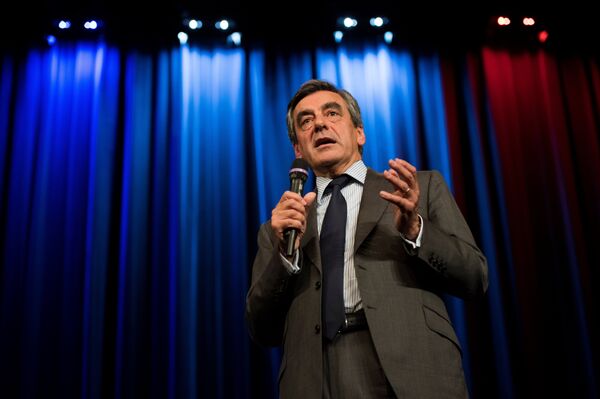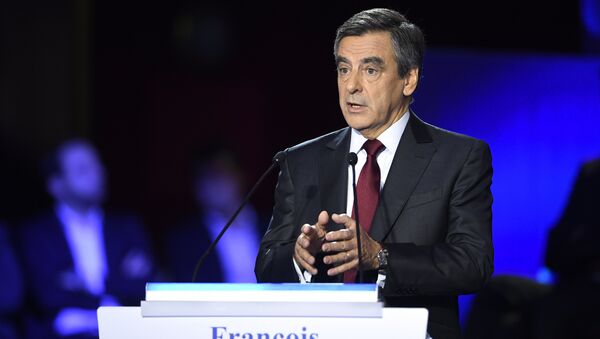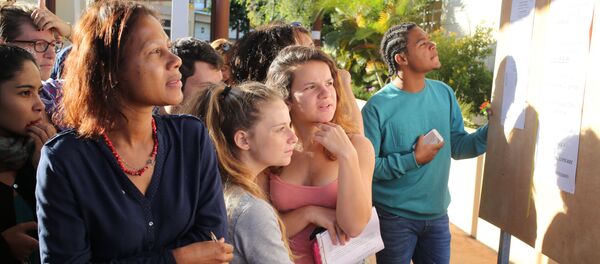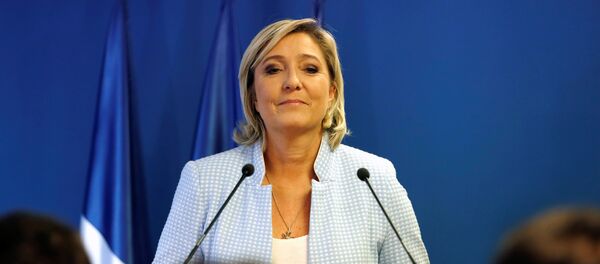In the past, French parties tended to agree on candidates behind closed doors, or after a narrow vote among members.
On November 20, the first round of voting is set to take place with a possible runoff in one week, on November 27, if no candidate obtains at least 50% of the vote in the first round.
Just last week, polls had 71-year-old former prime minister Alain Juppé heading for a comfortable win in Sunday’s first round of primaries for the conservative Les Républicains (the Republicans) party and its center-right allies.
Coming in second was former president Nicolas Sarkozy, under whom Fillon served as prime minister from 2007 to 2012.
However the results of an OpinionWay survey published this Tuesday showed Fillon, who had been languishing in a distant third place, taking 25 percent of likely voters, putting him neck and neck both with his former boss Sarkozy, and Alain Juppé.
French politician Vincent Roger, an Advisor of the 4th arrondissement of Paris and regional councilor of Ile-de-France, spoke to Sputnik France about Fillon's dramatic rise.
"I see several reasons here: the first is the result of Fillon's work, who has been travelling for months around France, from East to West, and from North to South," he told Sputnik.
"Every evening he addresses crowded halls, presenting his well thought out program. And now he is reaping the benefits," Roger said.
The second reason, he explained, is that France is now living through a Gaullist period in its history (associated with French general and statesman, Charles de Gaulle, the founding President of the Fifth French Republic.)

At times, there are crucial moments in the history of a state, when there is a need for a serious decision, the politician said. And present-day France has now found itself in a Europe which does not work: it has over six million unemployed and eight million in temporary work.
It has faced an unprecedented economic and social crisis, and given that terrorist acts are growing, it must find a solution to vital geopolitical problems.
At this particular moment the French have told themselves that Francois Fillon has the power to be the president, who can find solutions to the problems France is currently facing.
Finally, Vincent Roger said, that the primaries it will not be about "protest voting" against any candidate, but rather about voting in support of a certain candidate, and the public is now wondering why not to vote in support Francois Fillon.
The politician noted that Fillon's program is a response to the words of François Mitterrand, the President of France from 1981 to 1995, who once said that they have tried everything to tackle unemployment.
Francois Fillon's argument is "yes, everything apart from what is really working," Roger said. He also noted that Fillon's program seems to be the most consistent, the most responsive to economic and social challenges that France is facing. The French people are now beginning to take notice, he finally stated.




